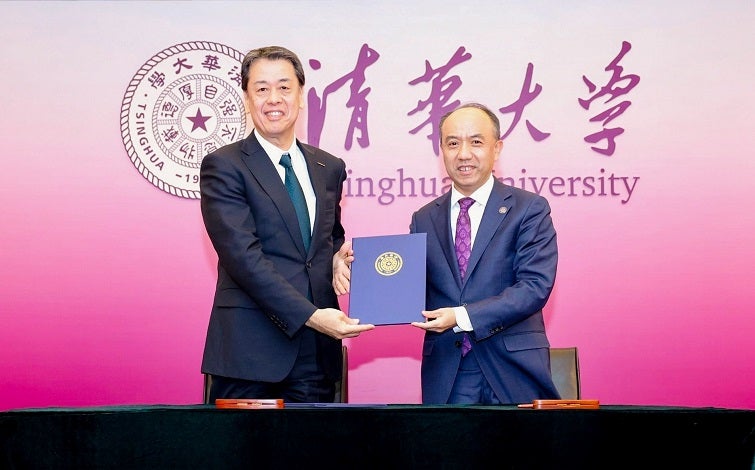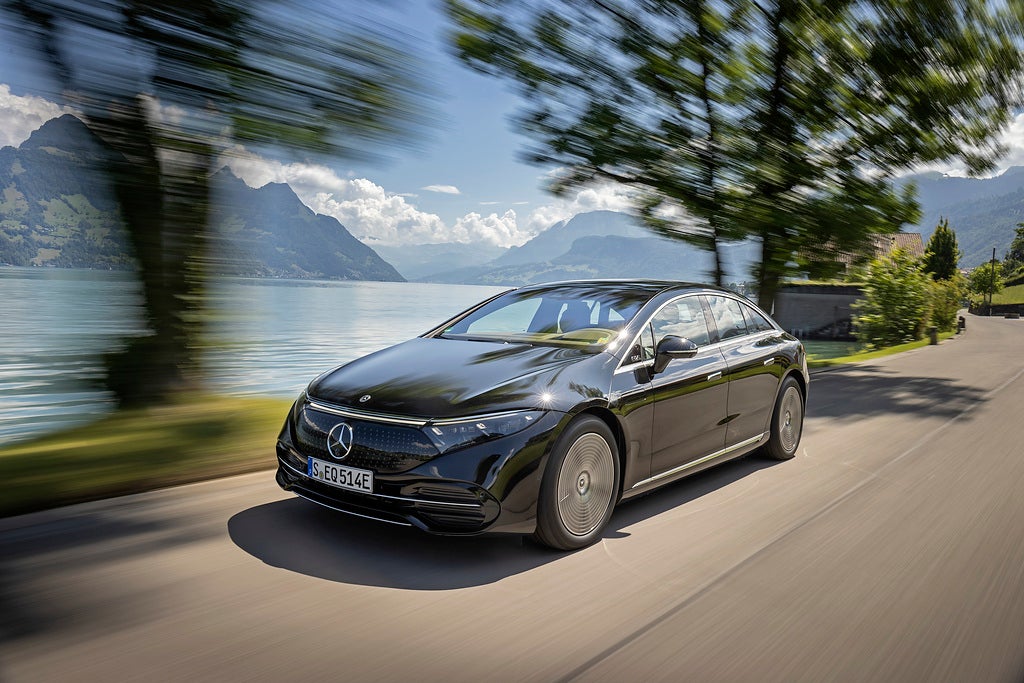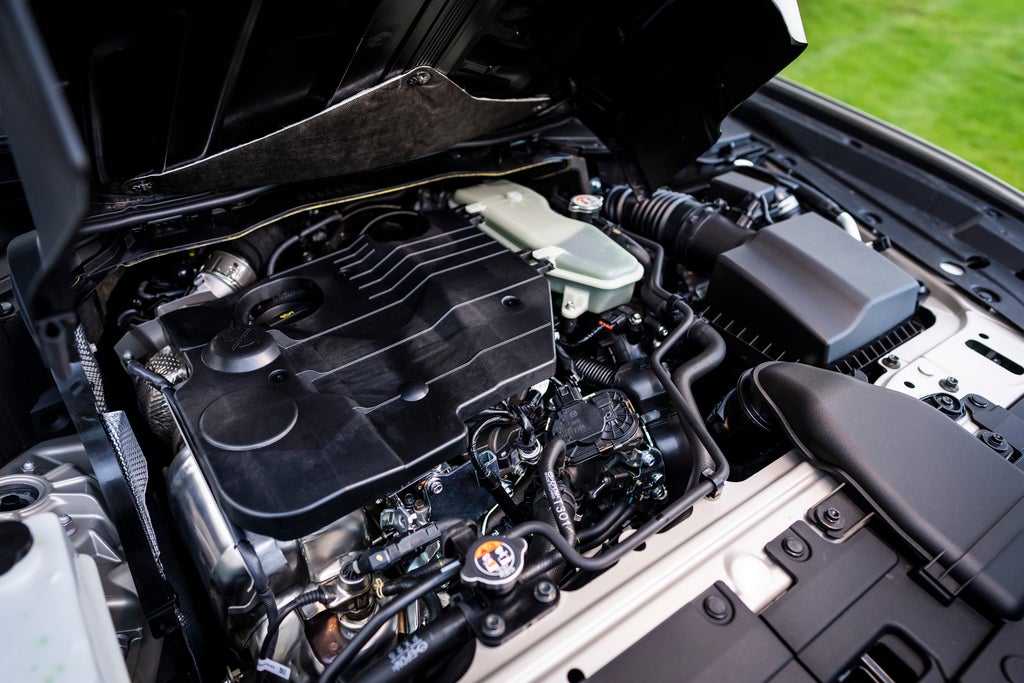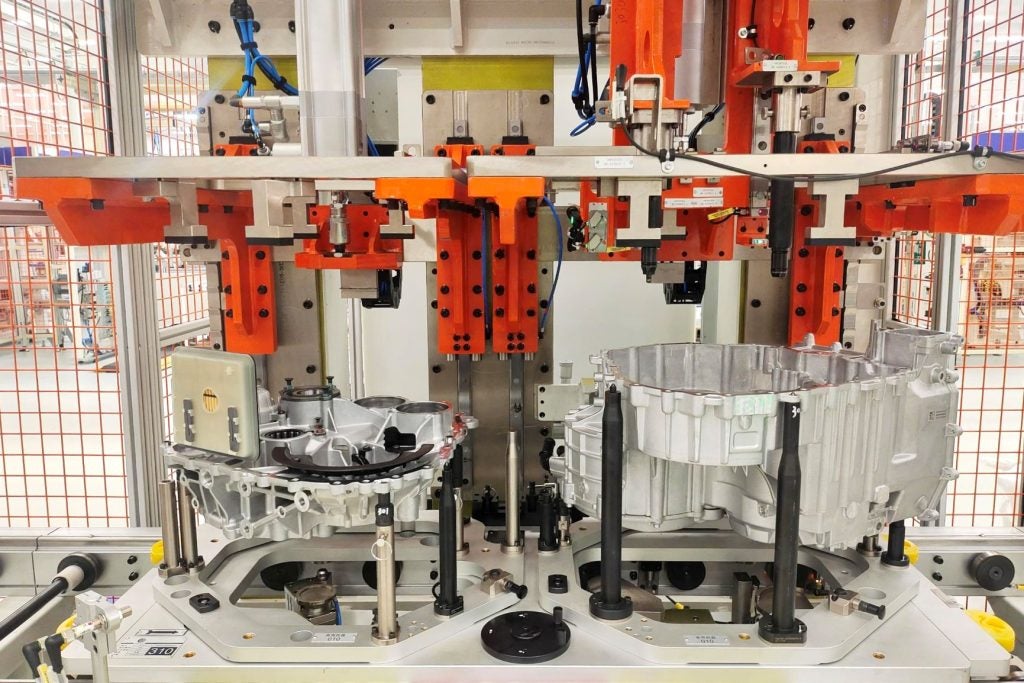Masashi Matsuyama, vice president of Nissan Motor and president of Nissan China, said the company planned to export new energy vehicles (NEVs), including battery powered and plug in hybrid vehicles, developed and produced in China worldwide.
He also suggested the company was considering exporting existing internal combustion engine (ICE) models from the country in the short term.
The automaker would join a growing number of foreign automakers, which includes Tesla, Volkswagen, Mercedes, BMW, Honda and Ford, making China a key production hub for the globe, particularly for new energy vehicles.
Nissan had previously said it planned to develop 10 new NEVs for China by 2026, four under its own brand and a further six for its Chinese joint ventures, with the first Nissan brand model scheduled to be launched in the second half of next year.
The automaker also announced it had agreed to carry out market research in China from 2024 in collaboration with Beijing-based Tsinghua University, to help it better understand future generations of Chinese car buyers.
The automaker said the research would focus on Generation Z, future potential customers born between 1995 to 2009, on the “social responsibility of automakers in the electric vehicle (EV) ecosystem” covering areas such as charging infrastructure, battery recycling and energy management.
The agreement extended collaboration between the two organisations which originally began in 2016 with joint research into human resources development.
Nissan said the new collaboration with the university would allow it to strengthen its strategy “in the era of electrification and intelligent mobility while contributing to sustainable development and its commitment to “in China, for China and the world”.
Nissan president and CEO Makoto Uchida said at a press conference in Beijing: “We hope this collaboration will help us gain a deeper understanding of the Chinese market, develop strategies that better meet the needs of customers in China and contribute to sustainable development by returning the results of our joint research to the Chinese economy and society."
















